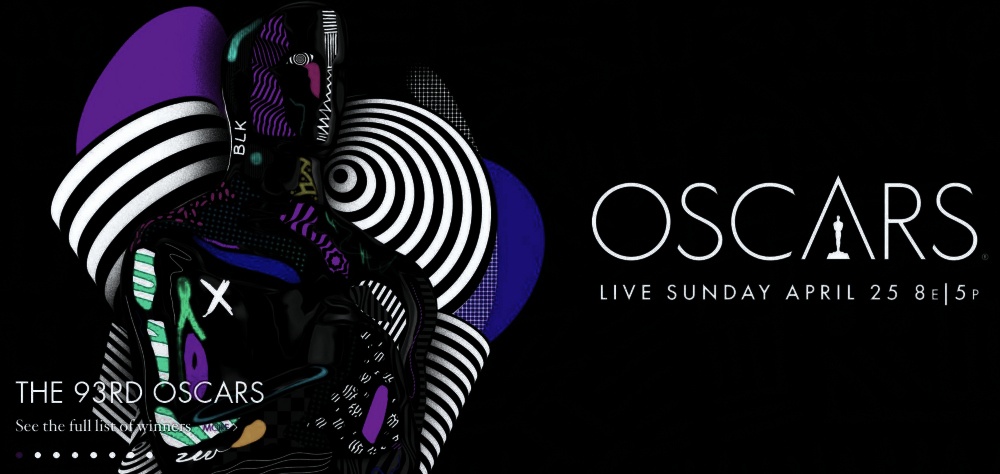
I have been accused, justly no doubt, of being overly “serious.” But compared to this year’s nominees for “Best Picture of the Year” I’m a really fun guy.
The satirist Bill Maher said that he was hoping that in the year of COVID, Hollywood might provide a little light escapism. No such luck. “Judging by this year’s best picture nominees, you couldn’t have a worse time at the movies, if there was an active shooter in the theater. Maher summarizes this year’s Best Picture nominees, beginning with the winner, “Nomadland.”
That’s the one about the woman who winds up living in her van after her husband dies of cancer. In ‘Judas and the Black Messiah,’ the FBI kills the leader of the Black Panthers again. ‘Promising Young Woman’ has Carey Mulligan avenging a murderous rapist, but then he kills her too . . . ‘The Sound of Metal” is about a musician going deaf. “The Father” is about an octogenarian descending into dementia. And ‘Minari’ is the story of dirt-poor Korean immigrants in Arkansas who put all their food in a barn, but then grandma has a stroke and burns it down.
Now enjoy the show.
Apparently, fewer did “enjoy the show,” as this year’s Academy Awards had the smallest viewing audience ever. There is such a thing as being too earnest.
In a somewhat similar vein the political commentator David French noted the odd tension between post-pandemic life on the rise where he lives in Tennessee, and a sense of dark, nearly apocalyptic, despair among the politically pre-occupied:
Here in Franklin TN, I’m noticing two things occurring at once. First, our state and town are roaring back to life. People are buying houses faster than they can be built, bidding wars erupt over existing homes, and help wanted signs are everywhere. The post-Covid boom isn’t just coming, it’s already here. Second, many of the people I know who are most dialed into politics are living in abject misery in this land of plenty. Even as they worship freely, speak freely, and enjoy staggering economic opportunity, they’re convinced the nation is circling the drain.
Is there, in the earnestness of Hollywood and in a politics of despair, a cautionary note here for progressive churches? We want to take seriously matters of justice and human suffering. As we should. But at some point, such seriousness — an excess of earnestness — becomes unbalanced and a little self-important. I’ve never been a fan or advocate for “happy church” — all smiles all the time — but if week after week people stagger from the sanctuary more burdened than when they entered, something is amiss.
Progressive Christians risk becoming so committed to the narrative of suffering and oppression, and of America as the irredeemable source of all that is wrong, that any attempt to proclaim faith’s good news — a stone rolled away, a burden of sin lifted, a new beginning — sounds anemic at best.
Give the devil his due, but no more.
Discover more from Post Alley
Subscribe to get the latest posts sent to your email.

Reflecting on Maher’s comments, and remembering the Dalton Trumbo etc. blacklist of earlier days, the WSJ writer said that even the communists made good movies.